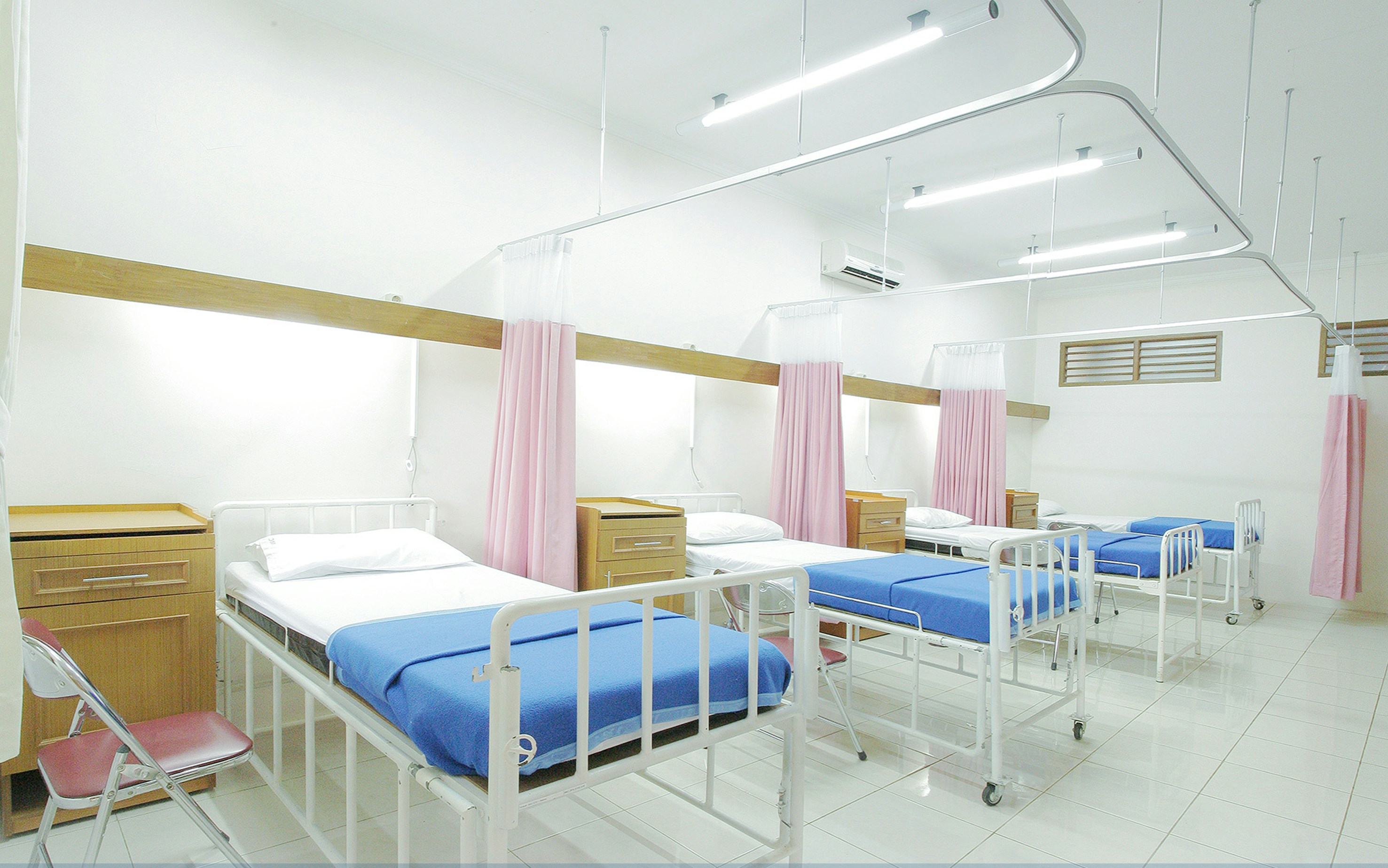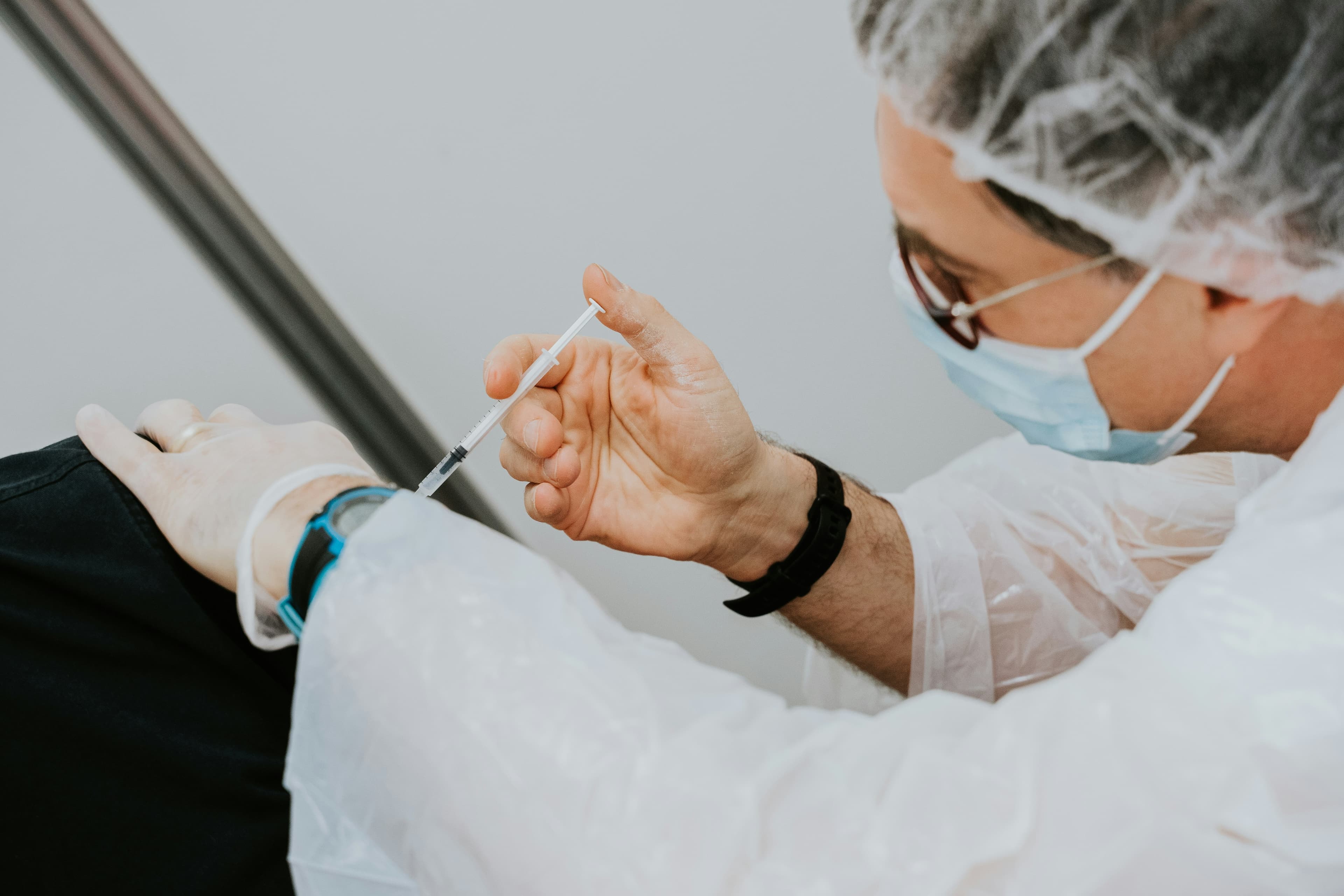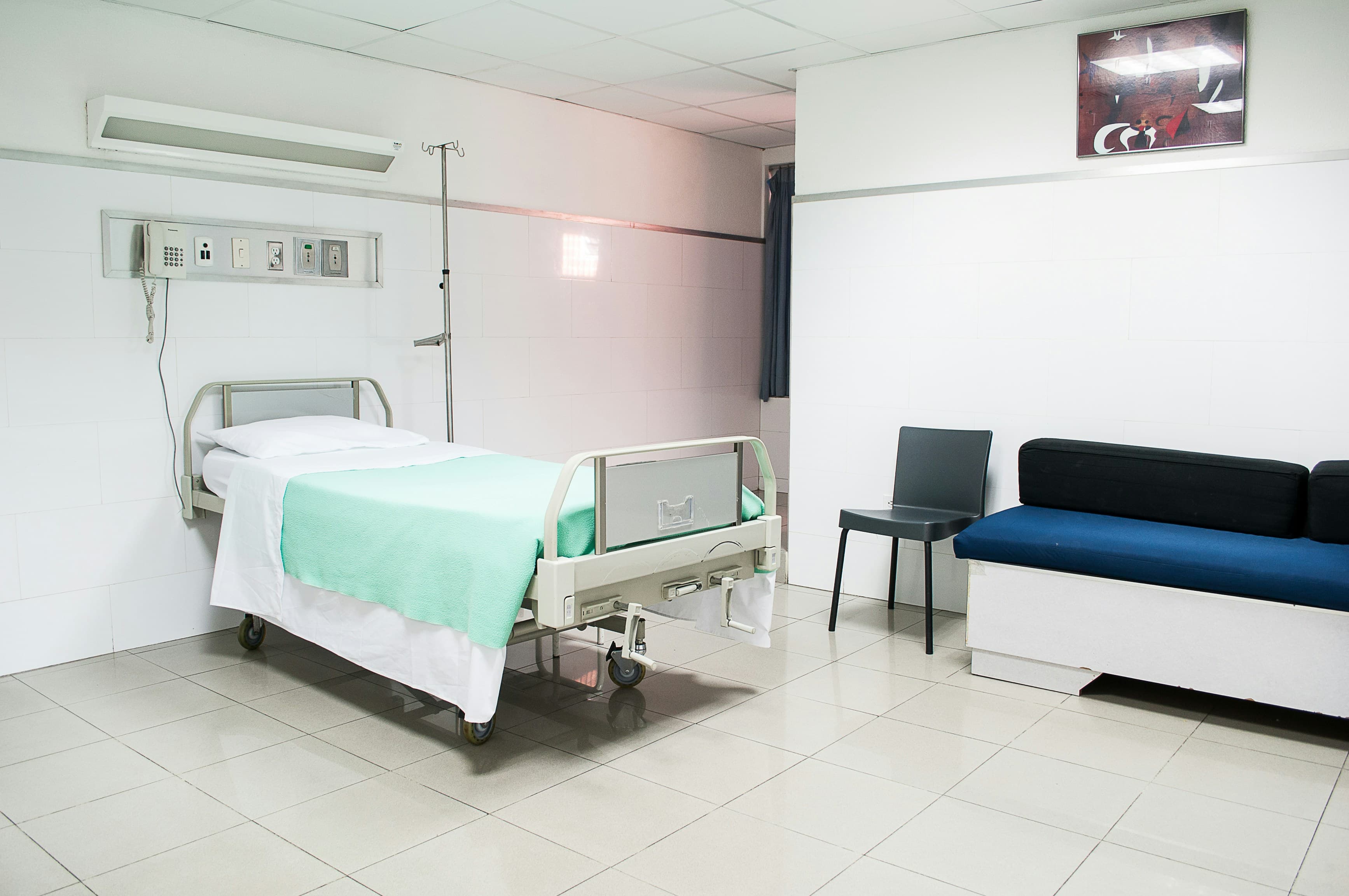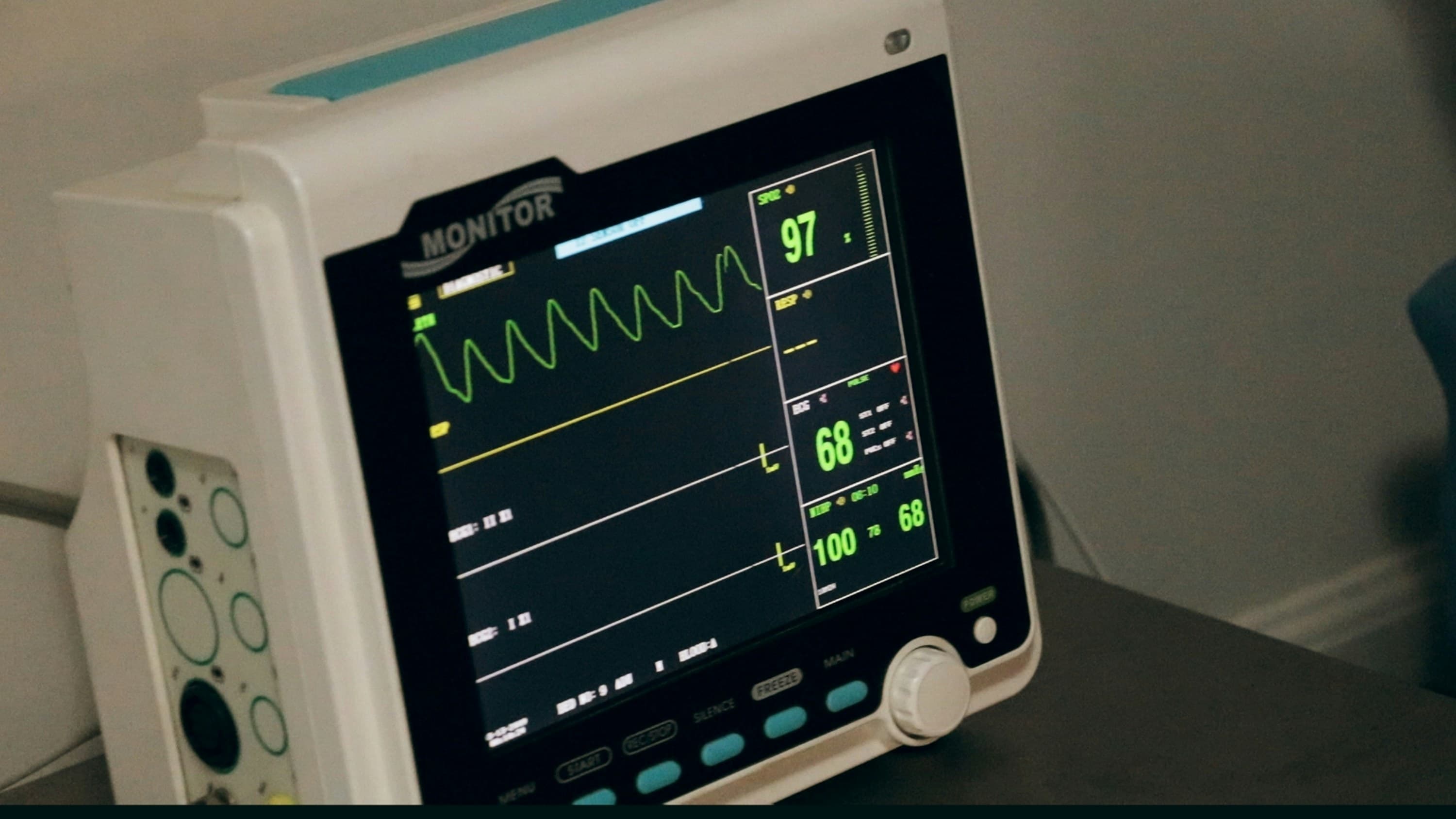
Private Clinics: Standards and Prices
Combining comfort, efficiency, and medical excellence, Portugal’s private clinics are increasingly attracting expats and travelers.
If there is one area where Portugal quietly excels, it is private healthcare.
The country has successfully combined high-quality care, modern technology, and genuine hospitality, creating a model appreciated by both locals and foreign residents.
Faced with delays in the public system and the growth of medical tourism, private clinics are booming, particularly in Lisbon, Porto, and Faro.
But what sets them apart from the public system? What can patients expect in terms of costs and services? And why are these institutions winning over so many people?
A Recognized Level of Quality
Portuguese private clinics stand out first and foremost for the quality of their infrastructure.
Most are modern, well-equipped, and managed by leading healthcare groups such as CUF, Luz Saúde, Hospital da Luz, Trofa Saúde, and HPA Saúde.
The facilities are bright, spacious, and designed with patient comfort in mind: private rooms, new equipment, multilingual services, and fully digital record management.
The standards of care comply with strict European regulations, and many doctors have trained abroad or also work in university hospitals.
Waiting times are significantly shorter — appointments with specialists can often be scheduled within 48 hours.
This combination of professionalism and human care explains the growing trust patients place in the Portuguese private sector, both locals and foreigners alike.
A Wide Range of Specialties
Private clinics in Portugal cover a wide spectrum of specialties: general medicine, cardiology, dermatology, gynecology, ophthalmology, orthopedics, pediatrics, and aesthetic medicine.
They also offer comprehensive check-ups, physiotherapy, nutrition and psychology consultations, and pregnancy monitoring with 3D ultrasounds.
Some clinics specialize in specific areas such as plastic surgery, dental care, or sports rehabilitation.
Portugal is becoming an emerging destination for medical tourism, thanks to competitive prices and exceptional service quality.
For expats, these institutions represent an ideal alternative: quick appointments, comfort, personalized follow-up, and smooth communication, often in English or French.
Transparent and Competitive Prices
Prices in Portuguese private clinics remain significantly lower than those in other Western European countries.
A general consultation typically costs between €50 and €80, a specialist visit between €80 and €120, and a full medical check-up between €200 and €300.
More complex procedures, such as orthopedic or eye surgeries and hospital stays, are also more affordable than in France or Switzerland.
Fees generally include post-operative follow-up and access to a dedicated medical team.
Transparency is another major advantage: each facility publishes its prices, and detailed quotes are always provided before any treatment.
Patients with Portuguese or international health insurance can often be reimbursed partially or in full, depending on their plan.

Comfort and Personalized Care
What also defines the private clinic experience in Portugal is the level of service.
From the moment you arrive, attentive and often bilingual staff take care of you.
Administrative processes are simple, and a medical coordinator may assist you throughout your treatment — from scheduling appointments to managing results and reimbursements.
Hospital rooms often resemble hotel suites: air conditioning, television, à la carte meals, visitor space, and high-speed wifi.
Some clinics even offer concierge services for international patients, organizing airport transfers or nearby accommodation.
This focus on patient comfort and peace of mind contributes to the private sector’s growing reputation for excellence.
Comparison with the Public System
The Serviço Nacional de Saúde (SNS), while efficient and accessible, often struggles with long waiting times and rigid procedures.
Private clinics, on the other hand, offer flexibility, speed, and modernity.
They also allow patients to choose their doctor freely, benefit from personalized follow-up, and access advanced technologies such as telemedicine and instant diagnostics.
However, they do not completely replace the public system: serious emergencies, long-term treatments, and certain complex hospital services remain under the SNS.
That’s why many Portuguese and expats combine both systems, depending on their needs and budget.
A Growing Sector
The private healthcare market in Portugal is expanding rapidly.
Foreign investment is increasing, and hospital groups are opening new facilities in major cities as well as in tourist regions.
This growth is driven by the rising demand for quality care, the return of Portuguese professionals trained abroad, and the ongoing digitalization of healthcare.
More and more expats are choosing local insurers like Médis or Multicare, which offer hybrid plans that combine private care with partial reimbursements through the public system.
Conclusion
Portugal’s private clinics represent the perfect blend of medical quality, accessibility, and hospitality.
They have managed to modernize without losing their human touch.
For expats, retirees, and travelers, they provide a safe, professional, and welcoming environment.
Visiting a doctor in Portugal is no longer a stressful experience but a smooth and reassuring one.
And perhaps that is the secret behind the quiet, enduring success of the Portuguese private healthcare system.
Share this article
Suggested articles

Before putting down your suitcases in Portugal, vaccines, mosquitoes & other medical delights
So that’s it, you’ve decided to drop everything for the Portuguese sunshine, grilled sardines and 80-cent coffee. Excellent choice. But before you picture yourself sipping your vinho verde on a Lisbon terrace, there’s a small detail you’d better not skip: your health.

Health Insurance for Expats: Options and Costs
Moving to Portugal is, for many, the fulfillment of a dream. Sunshine, the sea, gastronomy, and quality of life attract thousands of expats every year. But before diving into the calm rhythm of Portuguese life, one essential question arises: how to ensure proper healthcare coverage?

Portuguese healthcare system : public vs private
You might have just settled in Portugal, sunglasses on, pastel de nata in hand, and suddenly think, “Okay, but what happens if I get sick ?”. Take a deep breath (it’s going to be fine), let’s break it all down together, clearly, simply, and without boring you (promise !). Here’s what you need to know about the Portuguese healthcare system, both public and private, what’s great about it, and what to keep in mind.

How to get your número de utente (Portuguese health user number)
If you plan to live in Portugal for more than a few weeks (or even a few months), there’s one phrase you’ll hear sooner rather than later : “número de utente.” It’s also called the “SNS number.” This is your personal ID within the Portuguese public healthcare system (Serviço Nacional de Saúde). Without it, you’re basically a “medical tourist.” With it, you’re officially part of the system you can book appointments at your local centro de saúde (public health center), see a family doctor, go to the ER, and get billed like a local resident. In short, it’s your ticket to public healthcare. So yes, it’s important ! And good news : getting it is totally doable even if Portuguese bureaucracy has a deep love for… paperwork. Lots of paperwork !

Portuguese Pharmacies: A Local Service
In Portugal, the pharmacy is much more than a simple place to buy medicine. It’s a space of trust, a point of reference in daily life, a place where advice, attention, and proximity meet. In both big cities and remote villages, Portuguese pharmacies play a key role in healthcare and in the human connection between professionals and the community.

Medical Emergencies in Portugal: Numbers and How It Works
Falling ill or getting injured abroad is one of those situations no one wants to face. However, thanks to its solid healthcare system and well-trained teams, Portugal handles medical emergencies with professionalism and speed. Whether you are a tourist, an expat, or simply passing through, knowing the right numbers and how the emergency network works can make all the difference.


